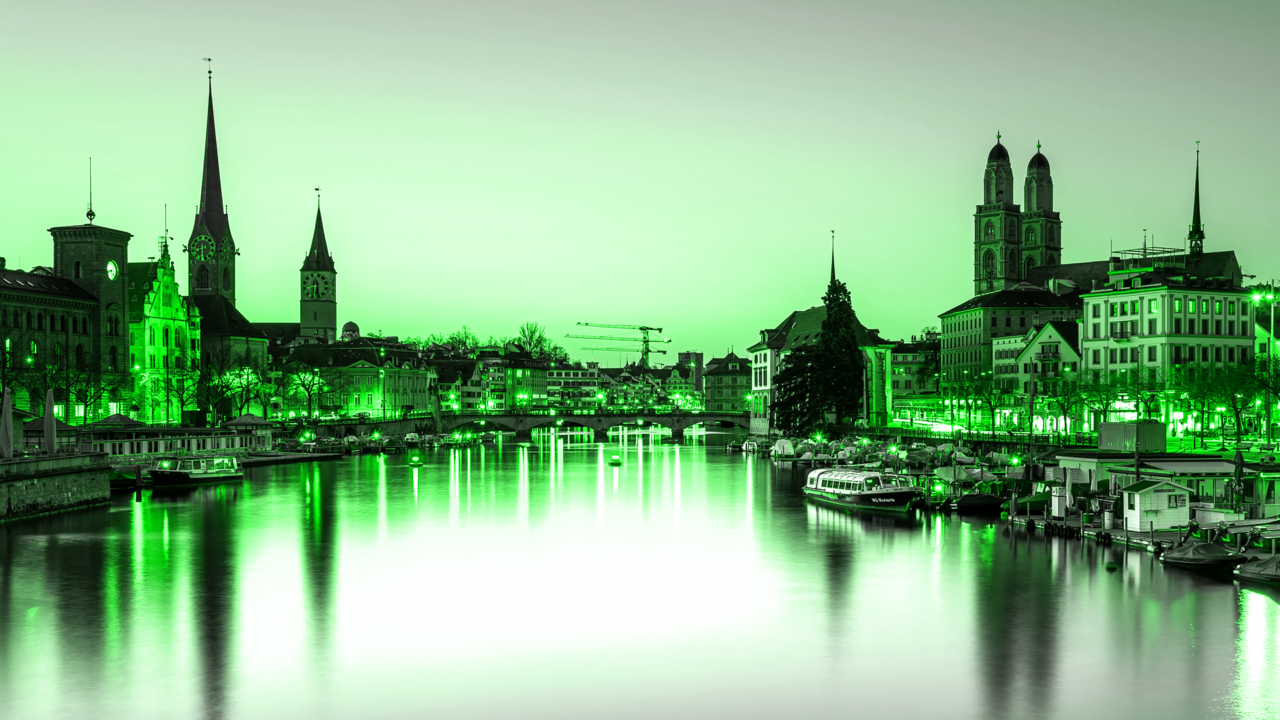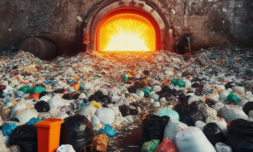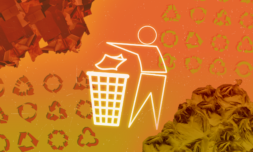The Swiss city is known for its advanced sustainability practices and rigorous recycling system.
Zurich, Switzerland’s largest city, is largely known for its picturesque landscapes, thriving economy, and high quality of life. But ambitious sustainability programs and recycling systems have cemented Zurich’s status as one of the greenest modern cities in Europe – perhaps even the world.
Locals are accustomed to signing no-car pledges, and have adapted to life in cooperative housing complexes like Blueground, a network of furnished rentals for long-term stays. Tenants are welcomed with a rigorous recycling system, laid out in an extensive manual.
Zurich currently divides waste into four categories, with hopes to split plastic out into a further two. Household waste is disposed of in a grey container provided to each apartment, but requires a special blue bag called a Züri Sack, which costs around €1 each.
This meticulous system is policed, with authorities known to carry out spot checks. Those found committing a recycling sin are subject to a fine of around €200.
Blueground’s general manager, Jakub Kasperczyk, has expressed concern that due to Zürich being ‘very, very advanced’ in its sustainability practices, guests may have a hard time adapting.
But what may seem like a stringent system to outsiders is more so an assurance that – where other cities may view greener living options as a nice-to-have, or even an afterthought – Zürich treats recycling as an essential part of daily life.
The system’s success lies in its simplicity and the city’s dedication to educating its residents. Clear guidelines and consistent public awareness campaigns ensure everyone is aware of their role in local sustainability efforts.
Zürich has taken measures to ensure numerous recycling stations are available across the city, making it convenient for both residents and tourists to dispose of waste responsibly.
Alongside recycling – perhaps the most recognisable measure taken to improve sustainability – hotels across Zürich are taking green living a step further.
The Storchen Zürich, a luxury hotel on the Limmat River, has had two recent renovations that have seen the building – which opened in 1375 – eliminate single-use plastics in guest rooms, install a state-of-the-art food recycling program, and a farm-to-table initiative that ensures almost all of its produce is sourced from local farms.
An undercover ‘green team’ also means staff members can observe whether rules are being followed, reporting any green infractions to the general manager.
Outside on the streets of Zürich, locals are becoming accustomed to no-car pledges. The fashionable Wiedikon district, with its energy efficient minimalist guest houses, prohibits residents and visitors from having a car.




















